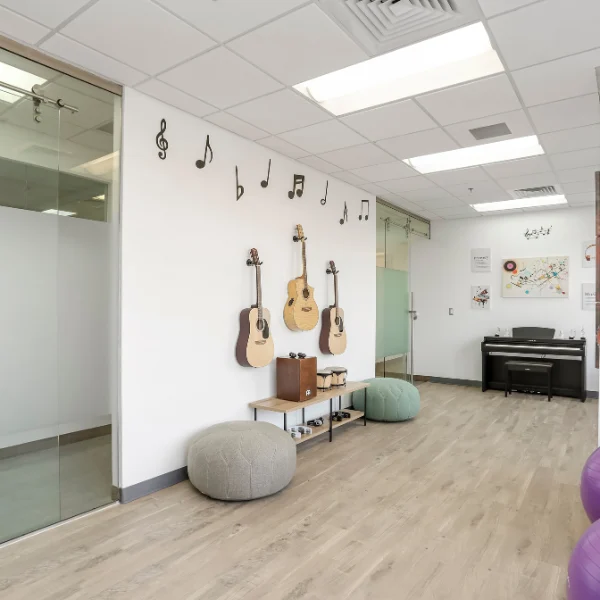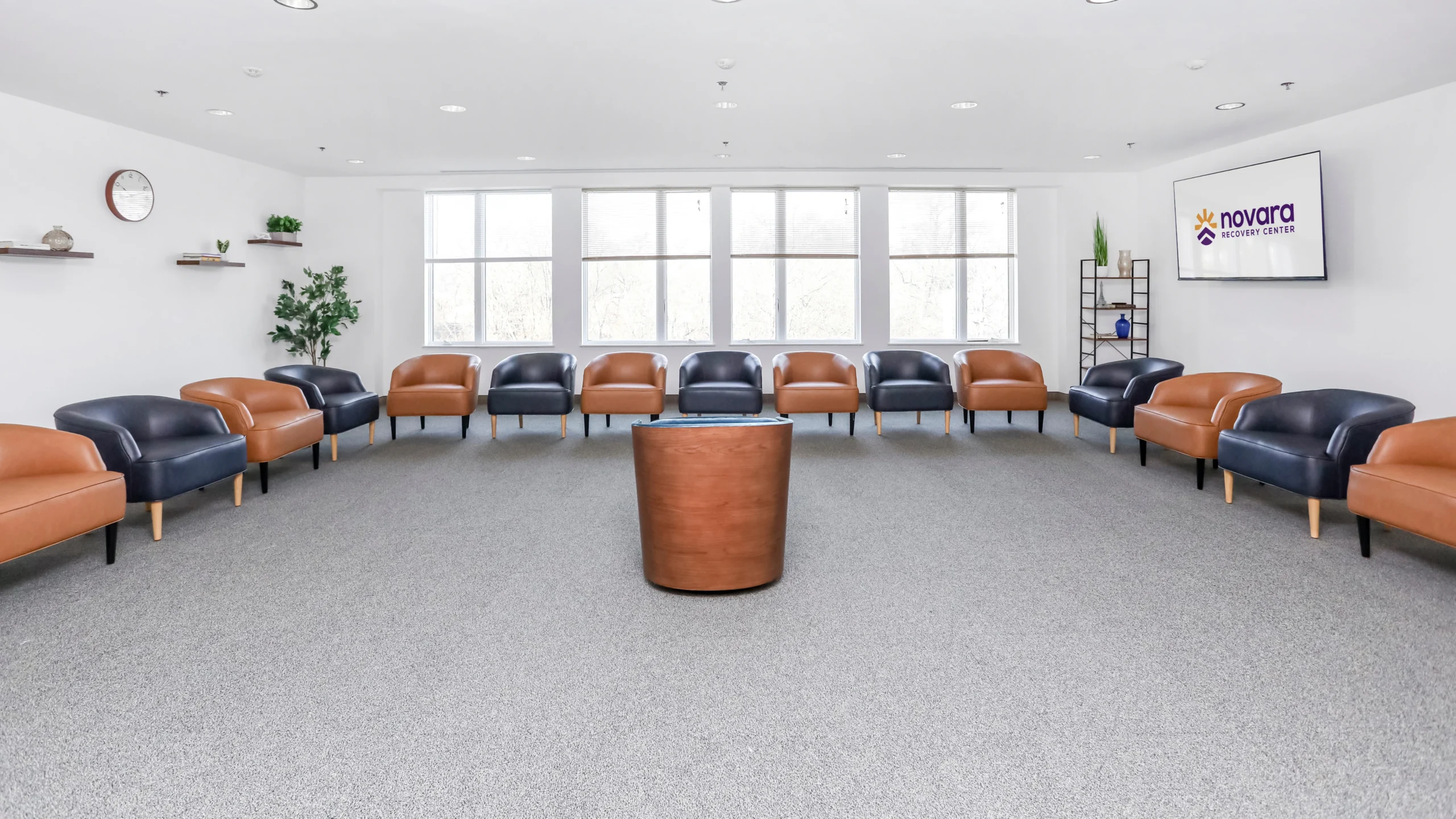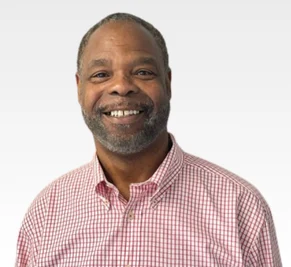Group therapy often provides a surprising sense of solidarity, helping individuals unite around shared experiences to navigate addiction and reclaim their lives.
Let’s be realistic for a second: Individual therapy is hard sometimes. You must open up in ways that don’t come too easily.
It is not like you are just talking about your day or sharing laughs with a friend. This involves deep feelings and experiences. Often, these are things that are hard to admit, even to people you trust.
Then, of course, comes the feeling of being so vulnerable. It feels overwhelming, especially for the first time.
Thinking of telling a stranger whom you don’t even know what goes through your mind can be daunting. And now, with therapy shifting to phone calls or video chats, it gets even more complicated. You’re exposing yourself in ways that feel so distant yet raw.
Here’s the thing: therapy isn’t just about sitting with one person in a room. Individual therapy is great, but it’s not the only way to heal.
Sometimes, group therapy can surprise you. It is a different kind of space, but it can help work through challenges, much like individual therapies. Sometimes, that shared experience is what makes all the difference.
Group therapy is a kind of counseling where a therapist works with multiple people at once. These groups usually have between five and fifteen members, but they can be smaller, with just three or four people. Two main types exist: open groups, where new people can join whenever they want, and closed groups, where everyone starts at the same time.
Group therapy has the same goals as individual therapy. It helps with issues like substance abuse, depression, anger management, chronic pain, social anxiety, grief, and low self-esteem. During the sessions, members talk about their experiences related to the topic, and the therapist helps guide the conversation.
However, the key to making group therapy work is having a few essential elements in place. These aren’t just nice-to-haves—they help the group be more successful for everyone involved. A person leading a group will make sure these traits are present. Without them, the process becomes much harder for the therapist and the whole community involved.


In therapy sessions, everyone positions themselves to facilitate visibility and interaction with each other. The therapists are present to steer the discussion, maintain focus, and offer organization for the group.
Typically, these groups unite because all members have a common interest. It might be a mental health issue, such as social anxiety, an eating disorder, or substance abuse. People may be dealing with grief or facing tough situations. These can include problems with parenting, a family member’s mental health issues, or suicide.
Like other therapeutic environments, everything discussed in the group remains confidential unless specific legal exceptions exist. All members must honor one another’s privacy. This means keeping the identities of group members private. Do not talk about what is said in the sessions. There’s typically an agreement that group members will not contact one another outside the therapy environment.
Various forms of group therapy exist, and each is often customized to address the unique needs of those seeking help. However, some of the most common ones include:
A skills group might be called something like “12 Weeks of Group-Led Meditation.” These groups bring together people interested in learning things like meditation, deep breathing, good communication, or handling conflicts. Usually, these groups have a specific time and follow a plan with materials and tasks. Skills groups are prevalent because many people find it helpful to learn with others, even after they’ve finished school.
Psychoeducational groups, like some online support communities, usually have a licensed mental health professional in charge. They teach participants about a specific topic.
The teaching can be organized or unorganized. The focus is generally on providing information, which includes education, skill building, behavior changes, communication methods, goal setting, and social interaction.
The group members usually meet once a week or more. This depends on the program’s length.
Some programs last eight to twelve weeks. Others are short-term therapy programs. Some programs continue without a set end date.
If your employer does not provide employee assistance programs, psychoeducational groups can help. These groups are often used in company meetings. They can reduce employee stress, improve time management skills, and resolve workplace conflicts.
A CBT group is similar to a skills group. It includes people who want to learn how our thoughts affect our actions.
Cognitive behavioral therapy is evidence-based and backed by research. This research shows that the treatment works for depression, anxiety, obsessive-compulsive disorder, and addiction. Many people struggle to tell the difference between thoughts and other brain activities. This can happen even without a clinical diagnosis.
Because of this, learning to spot negative thought patterns is becoming more popular. Reframing these thoughts is a successful activity today.
This approach for groups focuses on examining the relationships between group members, which can be helpful for everyone involved. It is similar to psychodrama.
Some therapists are trained to understand group dynamics. They encourage teamwork during sessions. This is different from most therapists, who give direct advice when leading groups.
This can make it easier to meet your needs. This is especially true for the ones you have wanted to fulfill for a long time but could not. It doesn’t require a significant change in your personality.
Process-oriented methods are often used in group therapy. This is because group members provide support and feedback.
Their reactions can show harmful patterns. They can also encourage new and better ways to respond. This might help break old habits.
Self-help groups can be of different types. They can be:
Support groups have existed for many years. They help with mental health issues.
This is especially true for those facing substance abuse. They also support people in high-stress jobs. These individuals may use addictive substances to cope.
However, not everything is related to drug use disorders. Here are a few self-help groups you might be familiar with:
These peer support groups can be guided by someone who knows the topic or by the members themselves. Some self-help groups stick to certain materials and scripts when they meet, while others dive into content from a book or workbook. In your area, there are self-help groups that meet for a specific amount of time, and some just keep going on and on.
Many people recovering from alcohol, drugs, or mental health issues find group therapy helpful. Here are some reasons why:
Group therapy provides numerous advantages, though it also comes with its difficulties. If you’re considering becoming part of a group, here are a few challenges you may encounter:
When there are too many people, you may need more time to talk. It can also be harder to build deep, meaningful relationships. Smaller groups usually provide a more incredible opportunity for everyone to be listened to and understood.
Our caring professionals are standing by around the clock, ready to address all your questions.
Choosing the right group therapy for addiction can be a crucial step in the recovery process.
Here are several factors to remember when selecting an appropriate group therapy program:
Group Dynamics
Group dynamics can significantly influence (or even undermine) your recovery journey. The focus extends beyond the therapist’s method and the topics discussed in the sessions. It also depends on how the group works together. Factors like group size, who’s in it, and how it’s led all matter.
Do you feel comfortable speaking in a large group with many different people? Or would you prefer a smaller group where you can get to know everyone better? It’s about finding the right mix. The different views and experiences in the group can offer great ideas, but this also means it might not feel safe right away.
Also, how well the group members get along and support each other is essential. It should be a place where everyone feels listened to and respected.
Building trust takes time. During this process, you may feel uncomfortable or unsure about opening up. This is especially true when you are still getting to know the group. You want to join a group that will understand you from the word go and hold your hand until you feel prepared to share something.
Therapist Credentials
Ensure the group is facilitated by a licensed, trained therapist well-versed in addiction recovery. A therapist’s effectiveness can significantly influence establishing a safe and nonjudgmental space for discussing challenging topics.
Recommendations and Reviews
If you are thinking about therapy services like group therapy, ask for reviews and recommendations from people you trust. Talk to mental health professionals, such as addiction and mental health experts.
You can also reach out to friends, coworkers, or family. You can also look into online communities for more information and referrals. Hearing about others’ experiences can help you understand your options better and make your decision-making process smoother.
Practical Factors
The details of how group therapy works are just as vital, along with emotional readiness, in choosing it. You have to consider the practicalities so it will work with you.
Is the group somewhere you can reach quickly enough, or will it be a hassle every week? You also need to consider the timing. Does the group meet when you have time, or will it add stress to your busy days? And, of course, the cost.
Is the price within your budget, or will financial concerns weigh on you? If the group is hard to access or manage, it will be tougher to attend regularly. This could impact the therapy experience. Make sure the practical details are sorted out so you can focus on getting the most from the therapy.
Treatment Objectives
Reflect on individual aspirations for healing. Do you need assistance handling cravings, addressing mental health issues, or enhancing your relationships? Various groups concentrate on distinct aspects of recovery, so finding one that addresses your needs is essential.
Group therapy approaches can vary widely depending on the treatment facility and the therapist’s methods. It’s important to know the therapy approach the group will use. This helps make sure it matches your recovery goals. Some standard techniques include cognitive-behavioral therapy, psychoeducation, mindfulness-based therapy, and motivational interviewing.

We know that cost is a major factor for most people when seeking treatment for drug & alcohol abuse in Virginia. Novara Recovery Center works with most major insurance plans to help cover up to 100% of the costs associated with treatment at our program. To find out your personal options for treatment, get a free verification of insurance benefits right now by clicking the button below.









Each group therapy session may vary in structure. Here’s what you can generally anticipate: a warm welcome and introductions. Typically, the therapist introduces themselves and sets the tone for the session. You might also briefly introduce yourself, but the primary objective is to feel safe and at ease. Confidentiality is paramount; you will be reminded that all discussions remain within the group. This builds a strong trust. It allows you to share openly without worrying about judgment or the sharing of private information.
The therapist often leads group discussions on a specific topic. However, we encourage participants to share their own experiences. This includes their challenges and insights related to the theme. Everyone has an equal chance to voice their thoughts because this process fosters a supportive environment. Listening and empathy are essential parts of group therapy. When you share your thoughts, you should also be actively listening. A key part is perspective listening. This means listening to others with empathy. It involves providing support and understanding different viewpoints.
It might feel overwhelming at first. However, once you start sharing and connecting, group therapy can be one of the best ways to heal, grow, and find support.
In group therapy, rules serve as guidelines (that tell individuals how to act, communicate, and coexist). These norms foster a therapy space that feels respectful, trusting, and enjoyable—this is beneficial for healing. Some general ones employed in group therapy include:
Engagement
Participating actively and fully in group therapy is crucial for productive sessions. Here are some basic guidelines for involvement and participation:
Handling Conflicts
Conflict is a natural process within groups; having ground rules for its resolution is essential. The following are some standard ground rules related to conflict:
Non-Judgment and Respect
Therapists running group sessions need to create a respectful and non-judgmental space. This helps everyone feel safe to share their feelings. Crucial aspects (in this context) encompass:
Privacy and Confidentiality
One of the most essential things in group treatment is confidentiality. It’s vital that individuals feel confident that the group will keep whatever is mentioned private. Following are some standard ground rules regarding confidentiality and privacy:
Others include:
In that case, it can throw off the group dynamics, making it harder for everyone to focus on the work at hand. While personal connections may naturally develop, holding off until the group has disbanded is best. Treatment is all about keeping things focused on growth and healing.
A typical group therapy session may go differently than one would imagine. However, it is designed to create connection, understanding, and personal growth in a more supportive therapeutic environment.
The session usually begins with a check-in. Members take a moment to share their feelings or updates on their progress since the last meeting. This opening segment helps set the tone for the day and fosters emotional connections among participants.
The leader or therapist often asks the group to focus on a specific theme or challenge. This can include stress management, dealing with personal issues, or improving communication skills. While some people listen and give encouragement, the group encourages participants to share their emotions, ideas, and experiences.
The group facilitator guides the discussion during the session. They make sure everyone can participate. This helps to resolve any emotions or problems that come up.
They could give tasks or conversation starters to keep the group focused and effective. This would motivate participants to explore their thoughts and feelings more deeply.
At the end of the session, there is usually a short reflection. This is a time for members to share their thoughts or insights about the discussion. This time helps us process and finish the session with clarity. However, it can also leave some questions.
Each group is unique in its own way. However, this basic check-in, discussion, feedback, and reflection create a flexible framework. This helps address difficult issues and supports members in their growth.
Group therapy sessions can last anywhere from 60 to 90 minutes. This is quite a reasonable time for decent discussions without any feeling of hurry. During this time, you will share your opinions, listen to others, and get to know them better.
The number of sessions also varies; most groups meet once or twice a week on a regular schedule. This consistency helps build a better relationship and trust, an important ingredient in therapy.
The effectiveness of group therapy for substance use disorders depends on the execution of the program. When given by skilled and licensed therapists, it can be a very effective treatment for addiction. It helps people find healthy ways to deal with problems. It increases self-awareness and boosts self-esteem.
It encourages responsibility and the sharing of feelings. It also promotes getting help from others in similar situations. Also, combining group therapy with medication and individual therapy yields even better results.
Let’s face it. While group therapy can be incredibly effective for many, it’s not the right fit for everyone. It takes a good amount of self-esteem and strength to talk about old emotional wounds. You need to share personal issues in a group. Some people may want a more private or personalized therapy setting. This is especially true if group mental health treatment does not seem right for them.
Finding the right group therapy program for addiction can seem overwhelming, but it doesn’t have to be. There are several steps you can take to make the process easier.
Group therapy is a key part of any substance abuse treatment plan we offer here. No matter where you are in your recovery journey, you will likely have both group therapy and individual therapy. This applies whether you are in residential treatment, outpatient care, partial hospitalization, or an intensive outpatient program.
We believe in providing a genuinely robust therapeutic environment, taking a well-rounded approach. We have traditional, alternative, and trauma-focused therapies so you can attack addiction and mental health from all sides.
If you or someone you know is struggling with addiction, get in touch. We’ll walk you through it.
Written By:

Mental Health Writer
Geoffrey Andaria is a seasoned writer and editor specializing in mental health content. With a B.A. in English and Journalism, he possesses a solid foundation in crafting freelance articles and conducting research. Geoffrey has also completed courses in social work. He dedicates himself to providing valuable and informative content for individuals impacted by mental health challenges and addiction.
Medically Reviewed By:

Expert Contributor
Dr. Williams is currently a board member for two non-profit service organizations. He holds a Master’s degree in Human Services from Lincoln University, located in Philadelphia, Pennsylvania.
He possesses a Ph.D. in Clinical Psychology from Union Institute and University, located in Cincinnati, Ohio. He holds a license to offer addiction counseling in both New Jersey and Connecticut. Additionally, he has submitted an application to become a licensed psychologist in New Jersey.






2815 Old Lee Hwy Floor 2, Fairfax, VA 22031